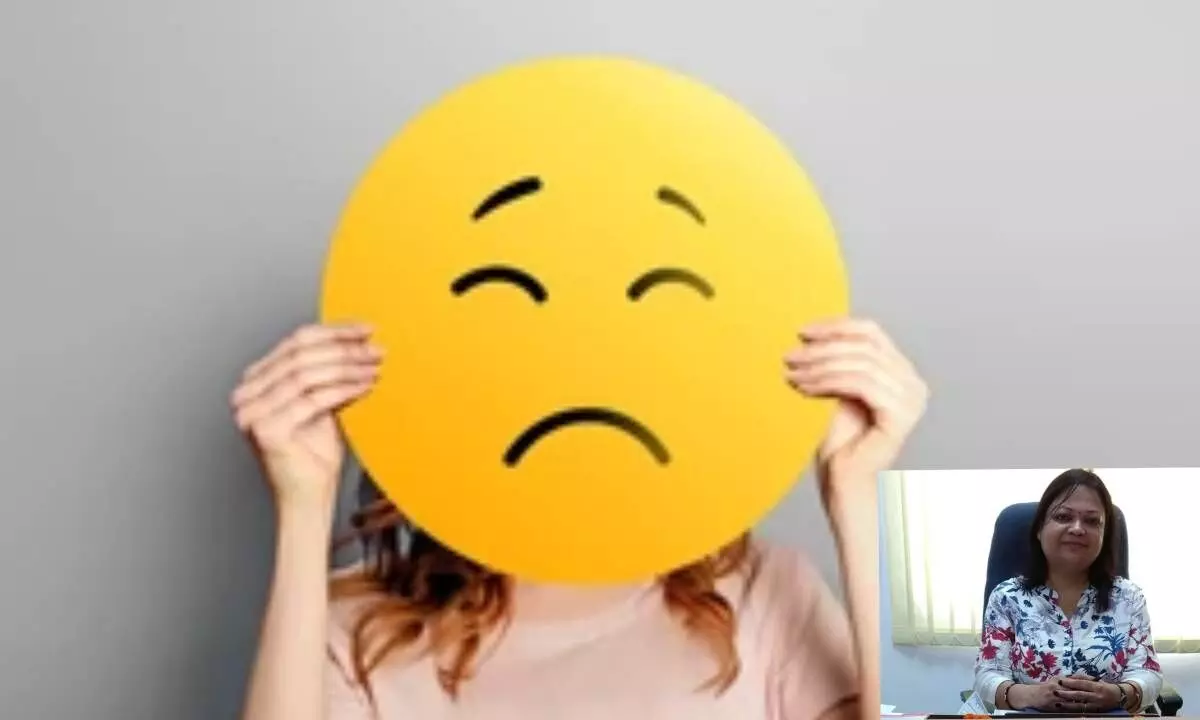How to deal with traumatic life experiences
The impact of emotional wounds may lead to a sense of loss, grief, and loneliness
image for illustrative purpose

Emotional wounds can often go unnoticed, and we may fail to recognize them in a timely manner. Therefore, it is crucial for all of us to understand the various types of emotional wounds we may have experienced and learn how to identify them early on. Nurturing inner resilience is key to healing and overcoming these emotional wounds effectively.
Our relationship journey begins at birth, forming the foundation for all future interactions based on our experiences with others during the formative age of 0 to 8 years. After the age of 10, we start replicating this learned relationship style, establishing patterns that continue throughout our lives with our family, friends, partner/s and the myriad of people we encounter. During the formative years, our relationship with parents and surroundings can lead to feelings of rejection, abandonment, betrayal, and loss. These emotional inferences form the core wounds, and significantly influence our relationship patterns. The emotional wounds may manifest in our personality, perspectives and behavioral patterns, impacting our relationships and other aspects of life.
We all experience emotional wounds that can have a lasting impact. Some individuals are aware of these wounds and actively work towards healing, while others develop self-defense mechanisms to cope with them. The intensity of these wounds may vary, with primary wounds being more deeply rooted and secondary wounds arising as a result of recurring patterns. The impact of these wounds may lead to a sense of loss, grief, and loneliness. A feeling of injustice may also arise, leading to thoughts such as "this is not fair" or questioning the fairness of the world.
Identifying emotional wounds requires self-awareness and introspection. Understanding and addressing these emotional wounds are vital steps towards healing and personal growth. By recognizing the patterns and the impact they have on our lives, we can begin the transformative process of breaking free from self-defeating behaviours and cultivating healthier relationships. Healing emotional wounds empower us to build more fulfilling connections, foster self-compassion, and embrace emotional well-being. Remember that identifying emotional wounds can be a gradual and ongoing process. Be patient with yourself and practice self-compassion as you explore your emotions and work towards healing and growth.
Now, the most important question is how to fix your emotional wounds? According to Chinese belief, mastering your health involves owning your emotions. Life will inevitably bring various emotional reactions, but it is essential not to let any single emotion take over, as this disrupts balance. Excessive emotional expression is considered wasteful of valuable qi (lifeforce) and can negatively affect the organs. This is why ancient Taoist masters emphasized contentment and peaceful living as a path to achieving a long and serene life. So, first and foremost, it is essential to learn how to acknowledge and own your emotions. Take a moment to recognize the emotion you are experiencing and give it a name; for instance, "I'm feeling anxious." Understand that it is perfectly okay to feel this way.
Cultivating mindfulness is another crucial technique for addressing emotional wounds. Practice mindfulness to stay in present and observe your emotions without judgment. Mindfulness helps you develop greater awareness of your emotional responses and promotes emotional regulation.
The key to dealing with traumatic life experiences lies in embracing forgiveness. Consider forgiving those who have hurt you, including yourself. Forgiveness does not condone the actions but allows you to release the emotional burden.
Lastly, don't hesitate to seek professional help. If identifying emotional wounds proves challenging or if they significantly affect your well-being and relationships, consider reaching out to a therapist or counsellor. A trained professional can guide you through your emotions and aid in healing unresolved wounds.
(The author is working as Senior Psychologist and Counsellor at DY Patil International University, Akurdi Pune)

